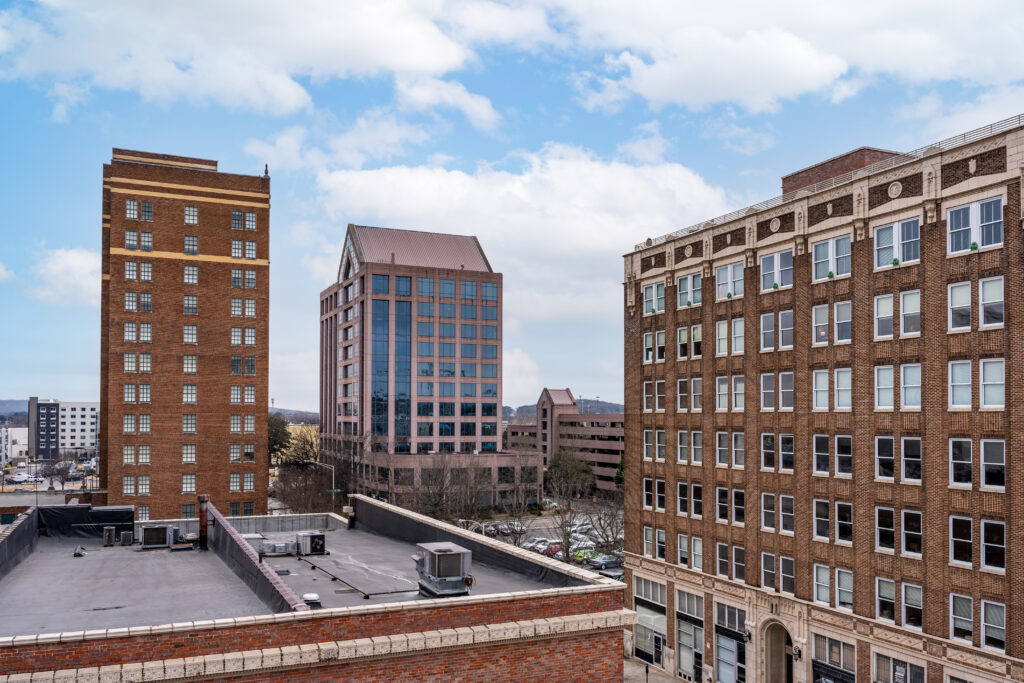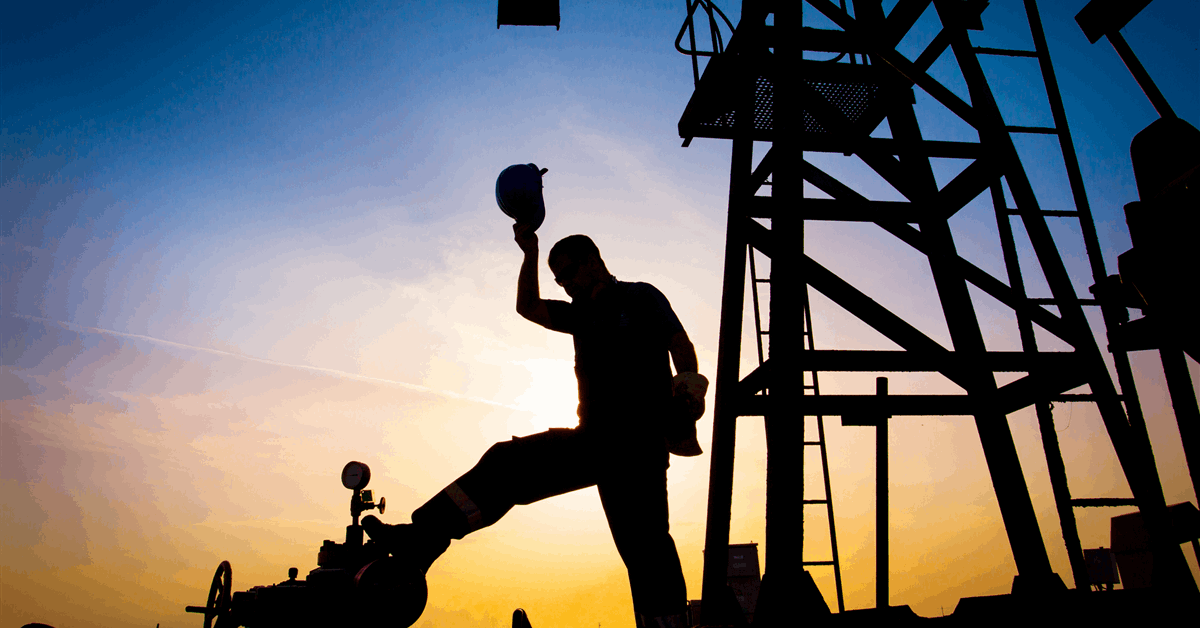Jobs
Fernanda Santos: Stop saying ‘immigrants do jobs Americans don’t want to do’

The deaths of six immigrant workers in the collapse of Baltimore’s Francis Scott Key Bridge on March 26 sparked the kind of collective empathy that usually follows tragic events. President Joe Biden was among the many who offered his prayers. In news reports, the men have been called “kindhearted,” “humble” and “heroes.”
We should ask ourselves, is it only the tragedy that made them deserving of such labels? The disparaging way immigration is framed in the U.S. any other time makes this outpouring of praise seem like a trope.
Routinely, we hear politicians, business owners and analysts — even the well-meaning ones — say that immigrants do the jobs that Americans don’t want (and for low wages), so we should be more open to embracing them as deserving of a place in our country.
Let me break it to you: That’s no badge of honor.
To frame the conversation about immigrant workers around their sacrifices — a necessity for them — only marginalizes already vulnerable members of our communities.
We should talk about the lack of safety of those jobs.
The Baltimore tragedy underscored that construction is one of the deadliest industries in the U.S. As the focus turns toward rebuilding the bridge, it’s been reported that Latinos, who make up 31% of construction workers, think the task is too dangerous.
Other industries that rely on foreign-born workers are just as hazardous. The Department of Labor reports that employees of poultry and meat processing plants are exposed to diseases that are resistant to antibiotics and have an increased risk of developing lung cancer.
The labor force behind this critical part of our food supply is made up of over 37% immigrant workers, according to an analysis of federal data by the Economic Policy Institute.
But we’d be remiss if we stopped there. U.S.-born workers are also toiling in poultry and meat processing plants — as well as building homes, repairing roofs and filling potholes on overnight shifts. Our focus should be on finding ways to make every job as safe as it can be for everyone.
Documented and not, immigrants have, in the words of economist Steven Rattner, been “essential to America’s post-covid labor market recovery.”
Maynor Yassir Suazo Sandoval, 38, was from Honduras. Miguel Luna came from El Salvador. Alejandro Hernandez Fuentes, 35, and Carlos Hernández, 24, were natives of Mexico. Dorlian Ronial Castillo Cabrera, 26, and Jose Mynor Lopez, 35, were from Guatemala. These six men who died while working on the Francis Scott Key Bridge should be remembered as part of that essential recovery narrative.
Outside of that, they had wives and children. They went to church on Sundays. They planted roots in the neighborhoods where they lived.
There’s no clarity on the immigration status of all six men killed in the bridge collapse, but the tragedy galvanized advocates, business leaders and elected officials to band together and push for the Biden administration to extend temporary protected status to immigrant workers who have lived in the United States for five or more years, as was the case with at least three of those who died.
This way, immigrants would at least receive legal permission to work in the U.S., though it does not provide a direct path to legal residency or citizenship.
It’s also a gamble, especially in an election year where immigration is a divisive top-of-mind issue, but for a group that’s been helping rebuild this nation, it’s a worthy wager.









